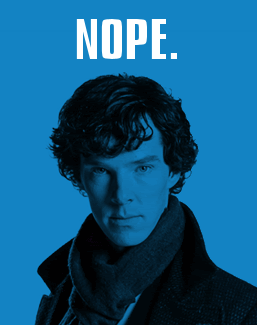Right. And how much do people actually care that the alternate Riker we saw, and what was left of his crew, blew up?Parallels showed multiple timelines that *didn't* heal themselves once everything was resolved, it merely restored the barriers that separated them. The only difference was that none of the ones featured were the ones that the TV show belonged in. So there's precedence for the nature the Abramsverse adopted, merely from the other side of the line.
Probably the people in that respective universe. But more broadly speaking as well, I'm also pretty sure that more people care about the Abramsverse than going back, because now *they're* the primary audience. There really is nothing to stop the Abramsverse from reverting back to the Prime Universe other than popular reception, and popular reception right now says that the Abramsverse will keep chugging along.
Borg-infested Riker and crew blowing up didn't have any impact on the prime universe - the one we live in.
We don't live there. It's fictional, and no Trek continuity is more or less fictional than another.
I'm certainly much more invested in nuKirk and company than in, say, Sisko and his DS9 pals.
Aw, I like Sisko and his DS9 pals very much. But yes, I'm also invested in nuKirk. As well, nuKirk and Co. greatly expanded and reinvigorated the Trek fanbase. To ignore the fans who voiced their support through going to the JJmovies in droves is to essentially commit brand suicide.


